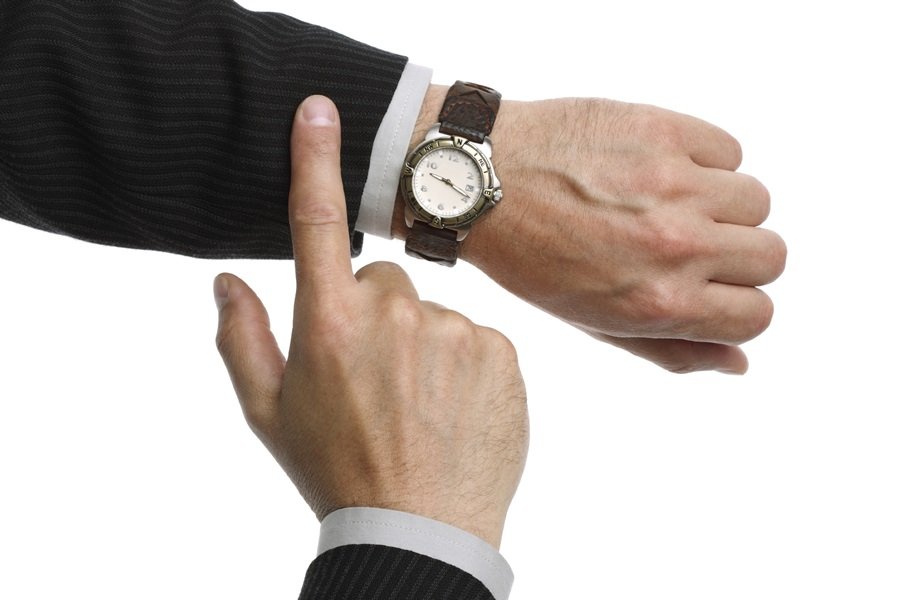If you have filed a previous bankruptcy and you received a discharge, you may wonder: “How Often Can I File Bankruptcy?”
The Bankruptcy Code specifies certain time limits as to when you can file bankruptcy again and obtain a discharge. If your case was closed or dismissed, however, and you did not obtain a discharge in your previous bankruptcy case, then you can file another bankruptcy again without restriction. The following time limits are built into the Bankruptcy Code.

Previous Chapter 7 Bankruptcy
If you have previously received a Chapter 7 bankruptcy discharge, you can file bankruptcy again and be entitled to another discharge in the following situations:
- Filing a Chapter 7 Bankruptcy: If you need to file for Chapter 7 bankruptcy after you have obtained a Chapter 7 discharge, you will have to wait 8 years from the date you filed your previous Chapter 7 bankruptcy. The 8 year time period starts from the date that you filed your previous Chapter 7 bankruptcy. Example: if you filed your previous Chapter 7 bankruptcy in May of 2004, then you would be eligible to file another Chapter 7 bankruptcy and obtain a complete discharge in May of 2012.
- Filing a Chapter 13 Bankruptcy: If you need to file for Chapter 13 bankruptcy after your have obtained a Chapter 7 discharge, you will need to wait 4 years to obtain a complete discharge. There are certain situations in which it may be advantageous for you to file a Chapter 13 right after a Chapter 7, even if you cannot obtain a full discharge in the subsequent Chapter 13. If you file within 4 years, however, any unsecured debts not discharged in the previous Chapter 7 will also not be discharged in the Chapter 13. The 4 year time period starts to run from the date you filed your previous Chapter 7 bankruptcy. Example: If you filed your Chapter 7 in June of 2008, then you would be eligible to file a Chapter 13 bankruptcy and obtain a complete discharge in June of 2012.
Previous Chapter 13 Bankruptcy
If you have previously received a Chapter 13 bankruptcy discharge, you can file bankruptcy again and be entitled to another discharge in the following situations:
- Filing a Chapter 7 Bankruptcy: If you need to file a Chapter 7 bankruptcy after you have received a Chapter 13 discharge, you will need to wait 6 years from the date of filing your Chapter 13 bankruptcy to receive a full discharge. You may be able to obtain a full discharge of your unsecured debts in a Chapter 7 bankruptcy, even if you file within 6 years, but you must have paid your unsecured creditors 70% or more during your previous Chapter 13 bankruptcy. Otherwise, you will need to wait at least 6 years from the date of filing your previous Chapter 13 bankruptcy to file a Chapter 7 bankruptcy and receive a discharge. Example: If you filed your Chapter 13 in July of 2006, then you would be eligible for to file a Chapter 7 bankruptcy and obtain a complete discharge in July of 2012.
- Filing a Chapter 13 Bankruptcy: If you need to file another Chapter 13 bankruptcy after you have received a Chapter 13 discharge, you will need to wait 2 years from the date of filing of your previous Chapter 13 bankruptcy. Example: If you filed your Chapter 13 in August of 2010, then you would be eligible to file another Chapter 13 bankruptcy and obtain a complete discharge in August of 2012.
If you file a new bankruptcy case before the statutory time period has elapsed since your previous bankruptcy, you will not be able to obtain a complete discharge of your debts in your new bankruptcy case. Achieving the maximum benefit from the bankruptcy discharge should be your main goal for filing bankruptcy. Consult an experienced bankruptcy attorney to ensure that all of your eligible debts are discharged in your bankruptcy.
